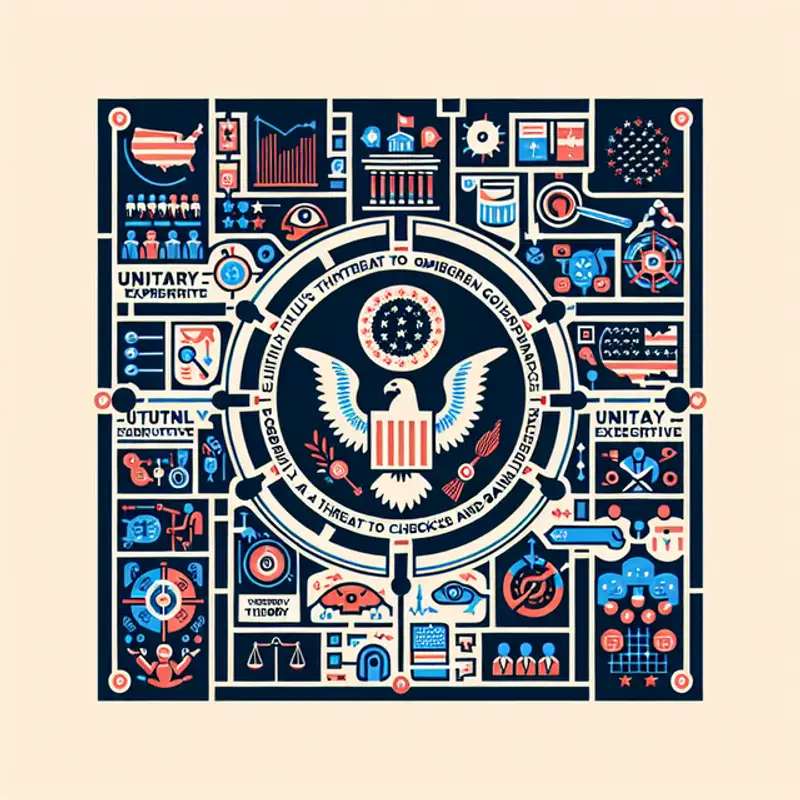 Episode
Episode
· 02:52
In this thought-provoking piece from The New York Times, law professor Cass R. Sunstein scrutinizes President Trump’s attempt to reshape the balance of power by asserting unprecedented control over independent regulatory agencies. The article outlines how Trump's embrace of the unitary executive theory—based on the idea that executive power is solely vested in the president—could fundamentally reshape the U.S. administrative state by allowing him to direct or even dictate the policies of agencies like the Federal Trade Commission (FTC), the National Labor Relations Board (NLRB), and the Federal Communications Commission (FCC). Sunstein warns that such a power grab, which is "a modern creation that threatens to change, and in important ways to undermine, the operations of the national government," risks concentrating too much authority in the executive branch. This shift, if ultimately upheld by the courts, might erode longstanding checks and balances, potentially allowing presidential influence over critical areas like monetary policy and communications, and weakening the foundational separation of powers honored since the nation's founding.
Key Points:
This discussion sets the stage for a deeper inquiry into the constitutional limits of presidential power and the enduring legacy of our founding principles.
Link to Article
Listen to jawbreaker.io using one of many popular podcasting apps or directories.